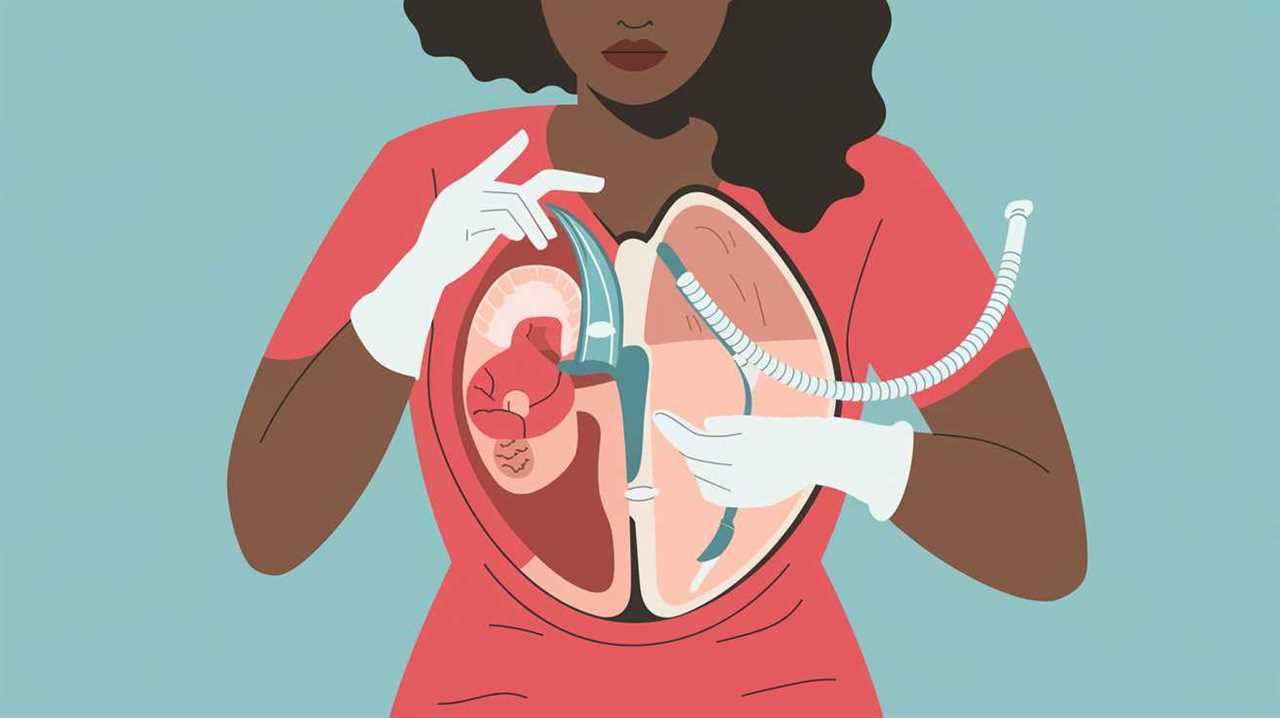
Listen to this Article
Hundreds Affected by Major Negligence Since 2019
The National Health Service has paid £16 million in compensation to patients who underwent surgery on incorrect parts of their bodies. Since 2019, there have been 340 significant negligence incidents, highlighting a concerning trend within the healthcare system.
Victims of Severe Surgical Mistakes
Among the affected individuals are patients who had the wrong organs removed, incorrect limbs amputated, or unnecessary dental extractions. In one alarming instance, a woman lost both ovaries instead of just one. Another patient underwent a spinal tap procedure intended for someone else.
"Never Events" on the Rise
These incidents are classified as "never events," meaning they are serious, largely preventable safety incidents that should not occur if proper measures are in place. Shockingly, 70 such events have been reported since April alone, indicating that these mistakes are far from isolated cases.
The Financial Impact on Taxpayers
The £16 million in compensation is only part of the financial burden. When legal costs are included, the total expense to taxpayers rises to £26 million. This amount could cover the starting salaries of nearly 900 nurses, emphasizing the significant impact on public funds.
Expert Commentary on the Situation
John McQuater, a personal injury expert from Switalskis Solicitors, expressed concern over the frequency of these events. He stated, "These are termed 'never events' because they are incidents that should not happen under any circumstances. Compensation aims to restore individuals to the position they would have been in if the injury had not occurred. The substantial figures underscore the serious consequences of these errors."
Calls for Enhanced Safety Measures
The recurrence of these incidents has prompted calls for improved safety protocols within the NHS. Medical professionals and patient advocacy groups are urging for stricter adherence to surgical checklists, better staff training, and more robust systems to prevent such errors from happening in the future.
NHS Resolution's Response
NHS Resolution, the body responsible for handling negligence claims and settling payouts, declined to comment on the matter. Their silence raises questions about accountability and the steps being taken to address this critical issue.
The Human Cost Behind the Numbers
Beyond the financial implications, these errors have profound personal impacts on the lives of the patients involved. The physical and emotional toll can be devastating, leading to long-term health problems, loss of trust in healthcare providers, and psychological trauma.
A System in Need of Urgent Attention
The rising number of "never events" signals a pressing need for systemic changes within the NHS. Ensuring patient safety should be the utmost priority, and measures must be implemented to prevent such grave mistakes from occurring. The healthcare community, policymakers, and regulatory bodies must collaborate to enhance protocols and safeguard the well-being of all patients.






